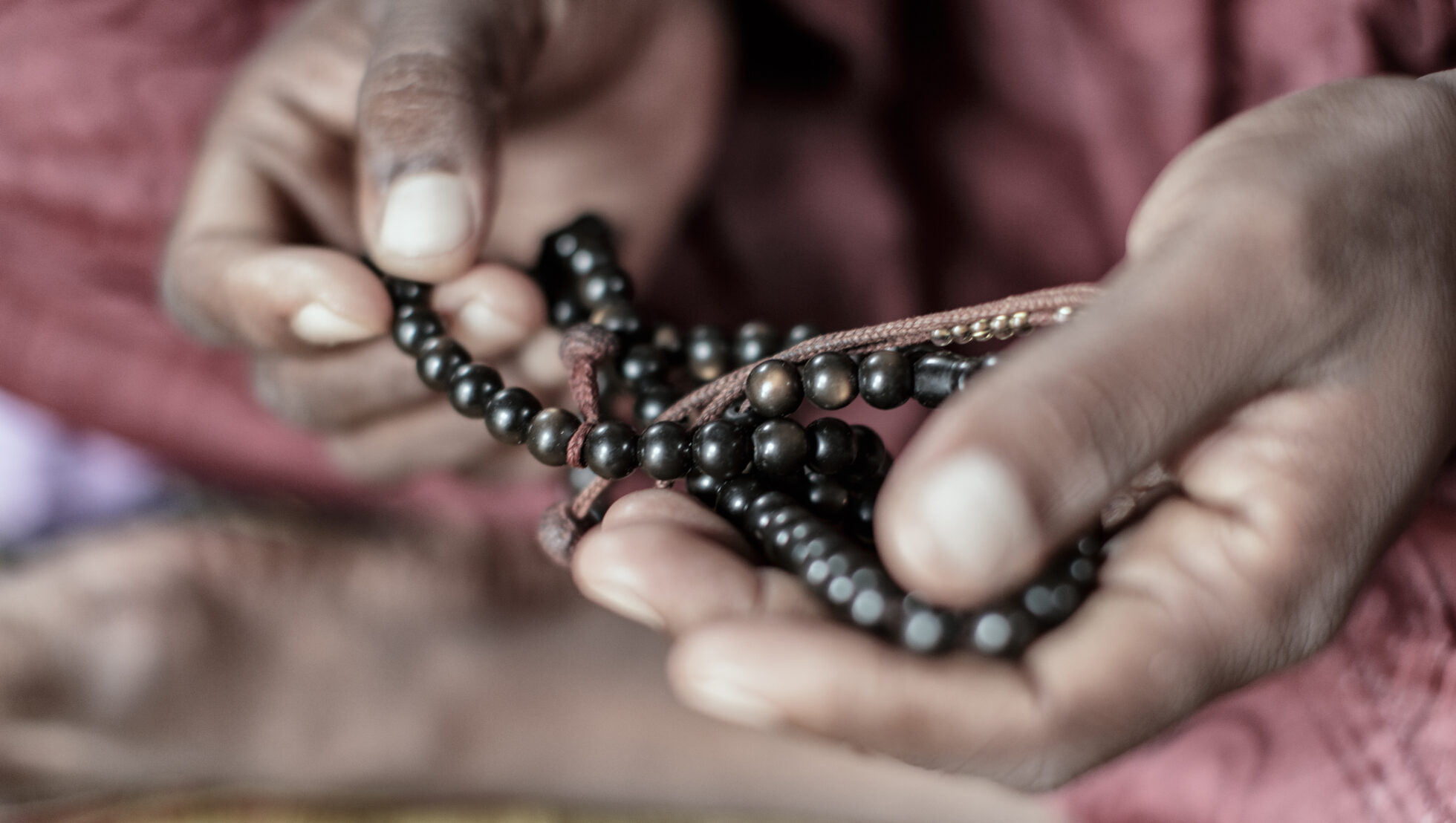United Nations, Security Council (9 October 2019): Women, Peace and Security, Report of the Secretary General, S/2019/800
International Alert’s projects in Nigeria
International Alert’s projects in Nigeria
International Alert’s project in Tajikistan
Afghanistan’s National Action Plan on UNSCR 1325
International Alert’s project: Strengthening women’s role in peace in Afghanistan
Working on Women Peace & Security (WPS) issues since the 1990s, International Alert was directly involved in the global advocacy campaign “From the Village to the Negotiating Table” which helped to successfully influence the adoption of Resolution 1325 twenty years ago. The resolution was built on the foundations of a feminist movement, underpinned by gains fought for by women’s peace organizations over several decades.
Since 1990 International Alert has implemented WPS projects in Burundi, Liberia, Sierra Leone, DR Congo, Pakistan, and Afghanistan, to name a few. These projects have yielded much success. Our social cohesion project in Northeast Nigeria has supported the reintegration, of women and girls associated with Boko Haram, back into their families and communities, and addressed the stigma and negative perceptions that they face. Our work in Afghanistan created an enabling environment to promote women’s participation in decision-making processes and to improve protection at the community level. Our recent project in Tajikistan has helped dramatically to curb the levels of violence against women and girls by empowering at-risk women and girls to provide for themselves economically as well as to seek more effective protection from domestic violence.
The WPS agenda is critical to realizing the rights of women and girls in conflict-affected states. As one of our partner organizations in the DRC remarked; “Resolution 1325 is our ‘Battleground’ and our main working tool.”
However, as we look to its 20th anniversary, there is a need to pause and reflect. Has 1325 lived up to the expectations and the promise it once held? Are women meaningfully engaged in political and social spaces, peacebuilding, and peace processes? Are they involved in decision-making that directly affects their lives and security? Some suggest that this vision is yet to be effectively realized, not least the UN Secretary-General who identified “a stark contrast between rhetoric and reality, where previously agreed commitments have not been matched by action.”
Rhetoric and reality remain estranged – this is unquestionably the conclusion of our forthcoming research with peacebuilding practitioners, who have been working on WPS for over two decades. While our findings emphasized the value of the agenda – particularly that of National Action Plans as normative frameworks for the advancement of women’s rights around the four pillars of the WPS agenda – key challenges persist. In particular, the continuous prevalence of patriarchal gender norms which frequently take the form of various types of ‘pushback’ against women that are involved in advancing women’s rights and their role in violence prevention; the lack of political will from national governments and global governance institutions; insufficient resourcing; as well as a lack of strategic engagement between national governments and local women’s organizations.
These issues must be addressed, nationally and internationally, if we are to achieve the vision and commitments of 1325. Furthermore, they must be addressed through an active partnership between women peacebuilders, governments, and the international community. Rhetoric, as the Secretary-General says, is not enough. Twenty years later, it is more than time for action.


